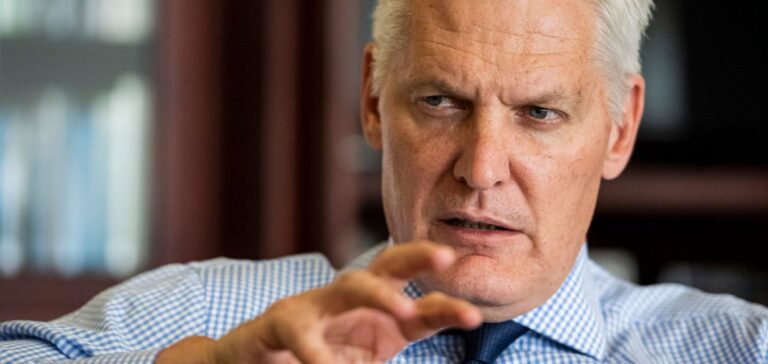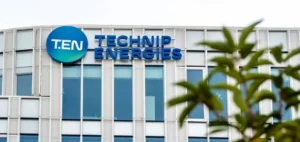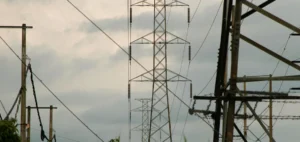Eskom is currently facing a governance crisis. In fact, the company imposes on South Africans twelve hours of electricity cuts per day. This situation led to the hasty departure of its CEO, André de Ruyter, who denounced corruption at the highest level of government.
Appointment of Interim Executive
Following the departure of André de Ruyter, Eskom has appointed Calib Cassim as interim CEO. The company’s CFO since 2018 and an employee of the public company for more than 20 years, he will serve as interim CFO. The decision was announced in a statement issued by Eskom on Friday morning.
The hasty departure of André de Ruyter
André de Ruyter was due to step down as CEO of the state-owned company Eskom at the end of March. However, he resigned in December 2022, believing that he did not have the political support to effectively fight corruption. He also claimed to have been the victim of an attempted cyanide poisoning on the same day.
Heavy charges
In an interview with the private channel ENCA on Tuesday evening, André de Ruyter directly accused the ANC, the party in power since the end of apartheid. He said that “tangible evidence” shows that embezzlement benefits the ANC.
The former CEO of Eskom, in clear and precise language, made heavy accusations. In particular, he claimed that a “senior” politician is involved in the corruption that undermines the company in various forms and that at least one government minister is aware of it. He also revealed that one billion rand (equivalent to 52 million euros) is diverted from Eskom every month and that four sophisticated mafia cartels, located in the eastern province of Mpumalanga, share the sum.
Consequences of André de Ruyter’s departure
The day after the interview aired, Eskom announced that de Ruyter “did not need to serve the remainder of his notice period” and was “released from his obligations with immediate effect. No government minister has publicly defended de Ruyter, who said in the interview that he had briefed several ministers and advisers to President Cyril Ramaphosa on the extent of corruption in the energy sector.






















